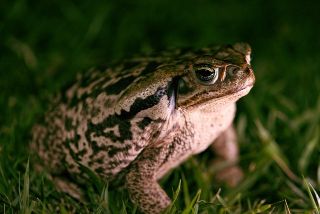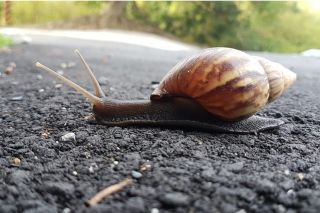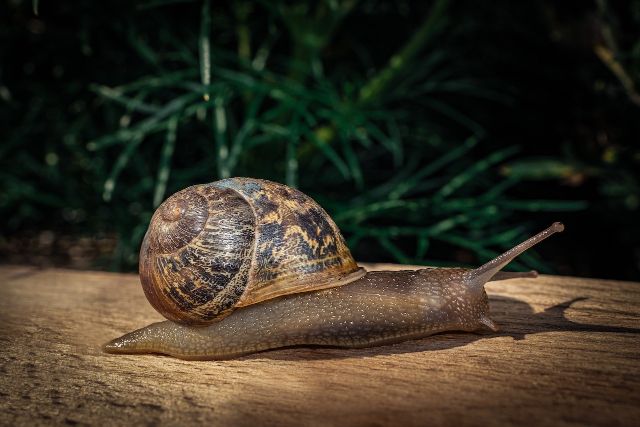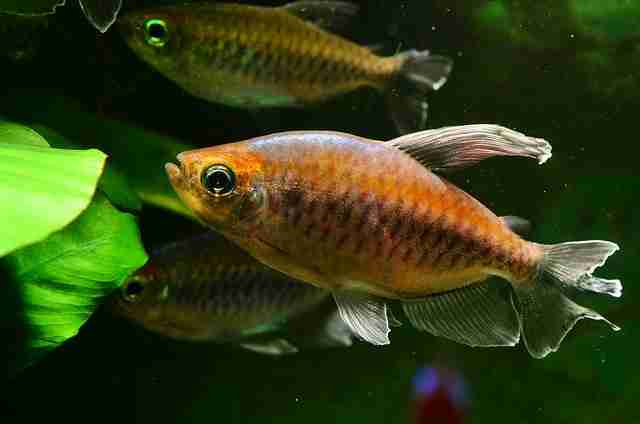Do Hamsters Need Light At Night?
Unlike humans, hamsters are nocturnal creatures, meaning that they carry out a large percentage of their daily activities when it is dark outside. Most of the time, hamsters eat their meals at night and also perform exercises at night. This means that they do not need light at night.
In this article, we will examine what role lights play in the life of hamsters and other related topics. Without wasting any more time, let’s dive in.
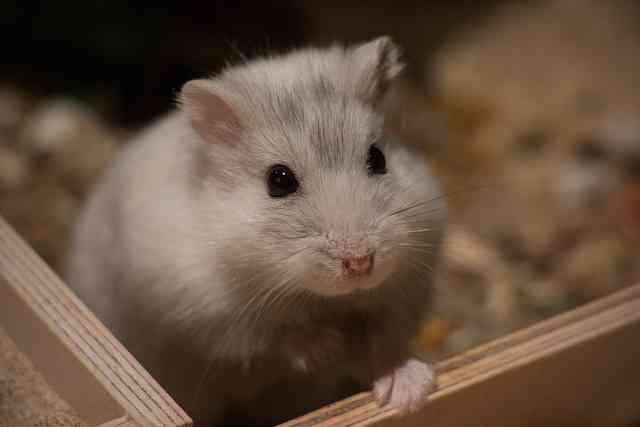
Can hamsters see in the dark?
Since hamsters are usually most active at night, it’s expected they would have good vision at night. So, yes, hamsters can see in the dark but not so well.
A lot of people also wonder if hamsters have improved night vision. The answer is NO. Their vision at night is pretty much similar to that of daytime.
In general, hamsters have poor vision compared to humans and other animals. They cannot sense or distinguish between the colors. In other words, they are colorblind.
Do hamsters need light at night?
Hamsters are very sensitive to their environment. When setting up their cage and selecting a position for them, you want to imitate their natural habitat. This is important to ensure their health and happiness.
Having said that, hamsters do not need lights at night and that is because they are nocturnal. In other words, the darkness is beneficial to them. When exposed to sunlight and other light sources, hamsters typically grow weary and fall asleep.
Your hamster may experience sleep deprivation if you try to change its sleep schedule or increase the amount of light it receives daily.
In general, light for hamsters is a signal for bedtime.
If you’re enjoying this write-up, also check out: Do Frogs Migrate?
Lighting requirements for hamsters
All hamsters should be kept in an area that has as much natural light as possible without exposing them to the sun directly. The best lighting requirement will be a well-ventilated, bright area with little or no artificial lights.
Artificial illumination tends to disrupt their natural sleep routines, which can stress them out and result in aggression or other behavioral issues. Too much lighting can also negatively impact your hamster’s mental health.
So, the ideal light and dark situation for hamsters is as follows: They need darkness during the night (no artificial light) and sunlight during the day. The best way to achieve this is by placing their cage in a room that has plenty supply of natural light with little or no artificial light.
That way, everything will happen automatically: during the day it will be bright outside, while during the night it will be dark. There will be no need to cover their cage during the day or give them a light at night.
It’s really that simple; just let nature do its work. However, if you must use lighting, then it has to be a RED light. Studies show that hamsters thrive better when exposed to red light than other colored lights of different wavelengths. Please, avoid blue lights!
If you do keep your hamsters in a room where artificial light is used during the night, it’s a good idea to turn it off at around the same time every day. This ensures there’s regularity, which is required to maintain a balanced day and sleep pattern.
For ideas about a good red light for hamsters, I recommend LTEODCHEW LED Dome Light. And if you need something (like a torch) to watch them at night, get the HQRP Portable Red Light Flashlight.
Do hamsters sleep better in the dark or light?
Due to their nocturnal nature, hamsters sleep better during the day and perform most of their activities at night.
This sleep schedule suits them well as prey animals. The darkness makes it easier for them to evade predators. In other words, a dark atmosphere comes with a feeling of safety and security for your hamsters.
However, this doesn’t mean you have to lock them up in the dark throughout the day and night. They need a fair supply of light and darkness to ensure their overall well-being.
Do hamsters have night vision?
As earlier indicated, hamsters can see in the dark but they typically have poor night vision. They are quite the opposite of owls, who have very good night vision.
Hamsters are color-blind!
However, compared to the daytime, their vision improves a bit at night. This is to help them locate food. This doesn’t mean they see well but just enough to do stuff, although they rely more on other senses to navigate their way.
Notwithstanding, they still see better than humans in low-light conditions. They have millions of photoreceptor cells, called rods, in their tiny, black eyes that allow them to see in dim light.
Are hamsters sensitive to light?
Yes, hamsters are sensitive to light. They require light to see; just not as much light as humans.
Bright artificial light has a great deal of effect on hamsters, which is why they enjoy spending more time in the shadows. However, they are less sensitive to LED lights. Also, colors other than red can negatively affect their behavior.
In general, your hamster’s sleep cycle is impacted by the amount of light they receive. During the day, it’s normal for them to experience tiredness and get into sleep mode; that is how they react to daylight.
While they benefit from natural light (or limited light), bright artificial light or direct sunlight can be harmful to them. For instance, direct sunlight can cause overheating.
Thus, the ideal type of light for hamsters is natural sunlight. It is advisable to keep them away from direct sunlight.
Do dwarf hamsters need light at night?
Also known as desert hamsters, dwarf hamsters are the smallest species of hamsters with an average lifespan of 2 to 3 years. Their appearance is characterized by a short tail, stubby legs, and a stout body.
Like other hamsters, they are nocturnal and do not need light at night.
The size of dwarf hamsters varies slightly depending on their species. They weigh between 1 to 2 ounces and grow to a maximum length of about 2 inches. Usually, they mature at around two months old.
Also, check out: Do Rabbits Eat Zinnias?
Can Syrian hamsters see in the dark?
Yes, Syrian hamsters can see in the dark. Just like other hamsters, they have very poor and blurry vision, which tends to get better at night.
They are nocturnal and sleep most of the time during the day. So, you need to keep their space dark during the day.
Like other hamsters, Syrian hamsters are easy to keep but because they are territorial, you cannot keep any two in the same cage as they would always fight each other, even to death.
Make sure the cage they’re using is spacious as that would allow them to run around and exercise.
Do hamsters need light during the day?
As mentioned earlier in this article, the best lighting for hamsters is natural sunlight. This implies that any other additional lighting aside from sunlight is not necessary during the day.
Likewise, you should not darken their enclosure by any artificial means during the day. An example is covering the cage with a blanket to create a night effect. Doing this will disrupt their natural day/night rhythm and will keep them awake during the day when they’re supposed to be sleeping.
The ideal condition for your hamsters is for them to have sunlight during the day and darkness during nighttime.
In conclusion, it is very important to take care of your hamster and regulate the amount of light it receives. We hope after reading this article, you got answers to the questions you searched about.
Here are other interesting topics you may like:
